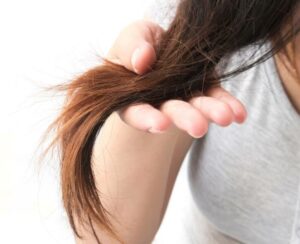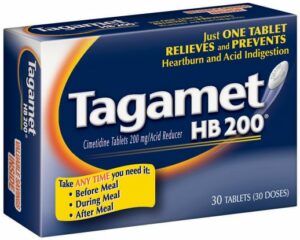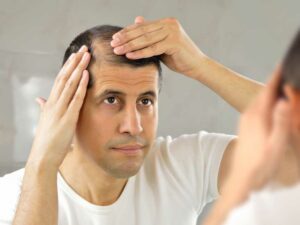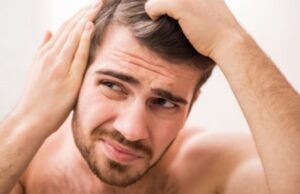Abstract:
BACKGROUND: Androgenetic alopecia (AGA) is a common problem in men of all ages, affecting approximately 50% at 50 years of age. The underlying cause is an androgen-dependent miniaturization of genetically predetermined hair follicles. Here, the hair organ culture model was used to investigate the effects of testosterone and caffeine; the latter being a promising candidate for hair growth stimulation.
METHODS: Hair follicles from 14 biopsies, taken from the vertex areas from male AGA patients, were cultivated for 120-192 h in vitro with normal William’s E medium (control) or William’s E medium containing different concentrations of testosterone and/or caffeine. Hair shaft elongation was measured daily and at the end of cultivation, cryosections of follicles were stained with Ki-67 to evaluate the degree and localization of keratinocyte proliferation.
RESULTS: Significant growth suppression was found in hair follicles treated with 5 microg/ml testosterone. This was counteracted by caffeine in concentrations of 0.001% and 0.005%. Moreover, caffeine alone led to a significant stimulation of hair follicle growth. These results were confirmed immunohistochemically by Ki-67 staining.
CONCLUSIONS: Androgen-dependent growth inhibition of ex vivo hair follicles from patients suffering from AGA was present in the human hair organ culture model, a constellation which may serve for future studies to screen new substances against androgen-dependent hairloss. Caffeine was identified as a stimulator of human hair growth in vitro; a fact which may have important clinical impact in the management of AGA.
Author:
Fischer TW; Hipler UC; Elsner P
Source:
Int J Dermatol. 2007; 46(1):27-35 (ISSN: 0011-9059)





